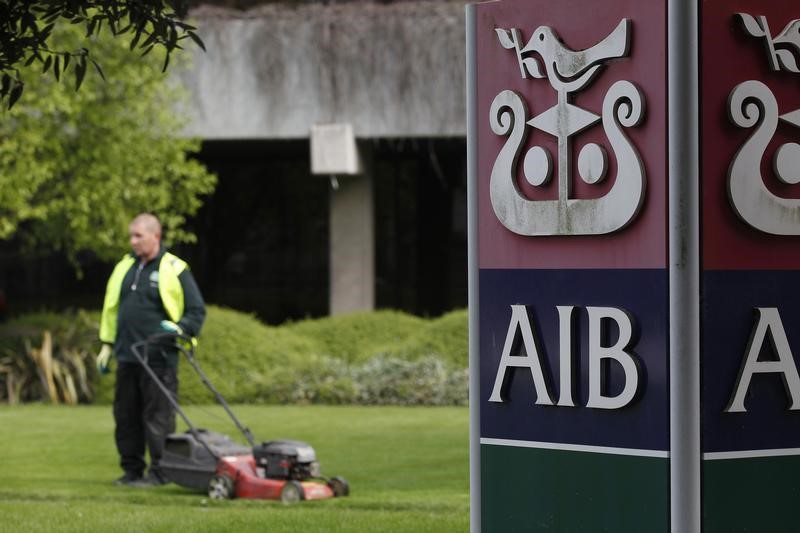By Padraic Halpin
DUBLIN (Reuters) - Cracking down on Ireland's banks before the 2008 financial crash would have conflicted with government policy to promote the country as a financial services centre, former regulator Patrick Neary told a parliamentary inquiry on Thursday.
Ireland's banks ultimately had to be rescued in an international bailout costing 64 billion euros (46 billion pounds), which, at almost 40 percent of annual economic output, was the most expensive in the euro zone.
Neary, who was head of financial regulation, said he very deeply regretted that the system failed but that the primary responsibility resided with the banks, as well as the government.
"The introduction of a tougher supervisory regime would have conflicted with government policy to promote its attractiveness as an international financial services location," Neary said in the most anticipated hearing since lawmakers began to question bank executives, regulators and politicians for the first time since the crisis.
"We would have been trying to project Ireland, and this was in line with the stakeholder protocol, that the Authority wanted to be seen as a user-friendly, can-do organisation. It was an uncomfortable situation for the regulator."
Regulation in Ireland before its banks imploded seven years ago was described as "excessively deferential", "timid" and "accommodating" in an official 2010 report by Central Bank Governor Patrick Honohan, who has since overhauled the system.
Quoting previous evidence, the inquiry's chairman put it to Neary that the finger of responsibility directly pointed at his office. Another committee member asked Neary if the regulator had failed the people of Ireland.
Asked if he should have done more to stop banks lending too much money to property developers ahead of a massive real estate crash, Neary said: "I would never see it as the job of the regulator to dictate who banks could lend money to."
The head of the central bank at the time, John Hurley, told the inquiry last week that Neary, not he, was responsible for monitoring the banks.
Neary responded that the regulator relied on the central bank to assess the overall health of the financial system and had their predictions on the Irish economy held, there would have been no bailout.
Another central bank official said on Wednesday that with two three-person teams supervising Ireland's four main banks, comparing the task they faced to a battle of "David and Goliath" was an understatement.
"There is little doubt that staff were stretched very thinly," Neary said, adding that they did not have the skills necessary for intrusive supervision and that he had sought to hire more staff but struggled to attract them.
Neary is best remembered for a 2008 television interview when he said Ireland's banks were so well capitalised they could absorb any impairments.
($1 = 0.9147 euros)
